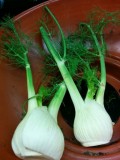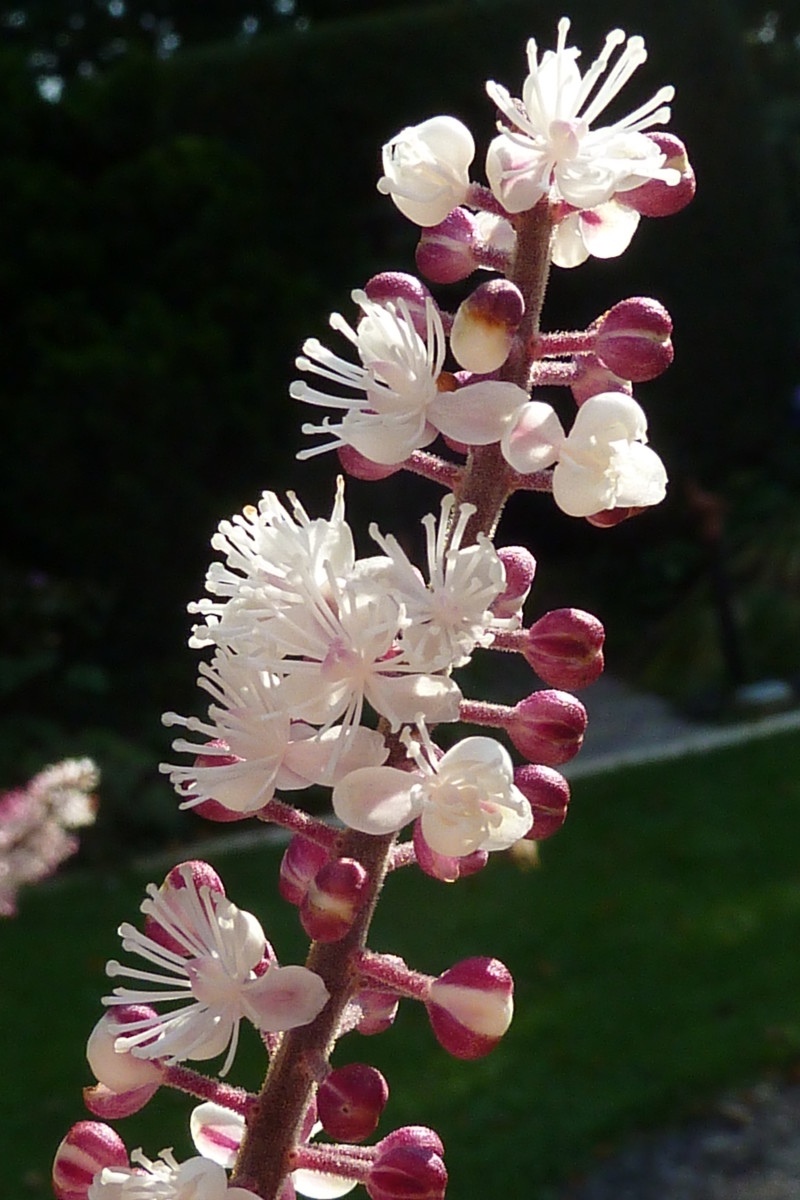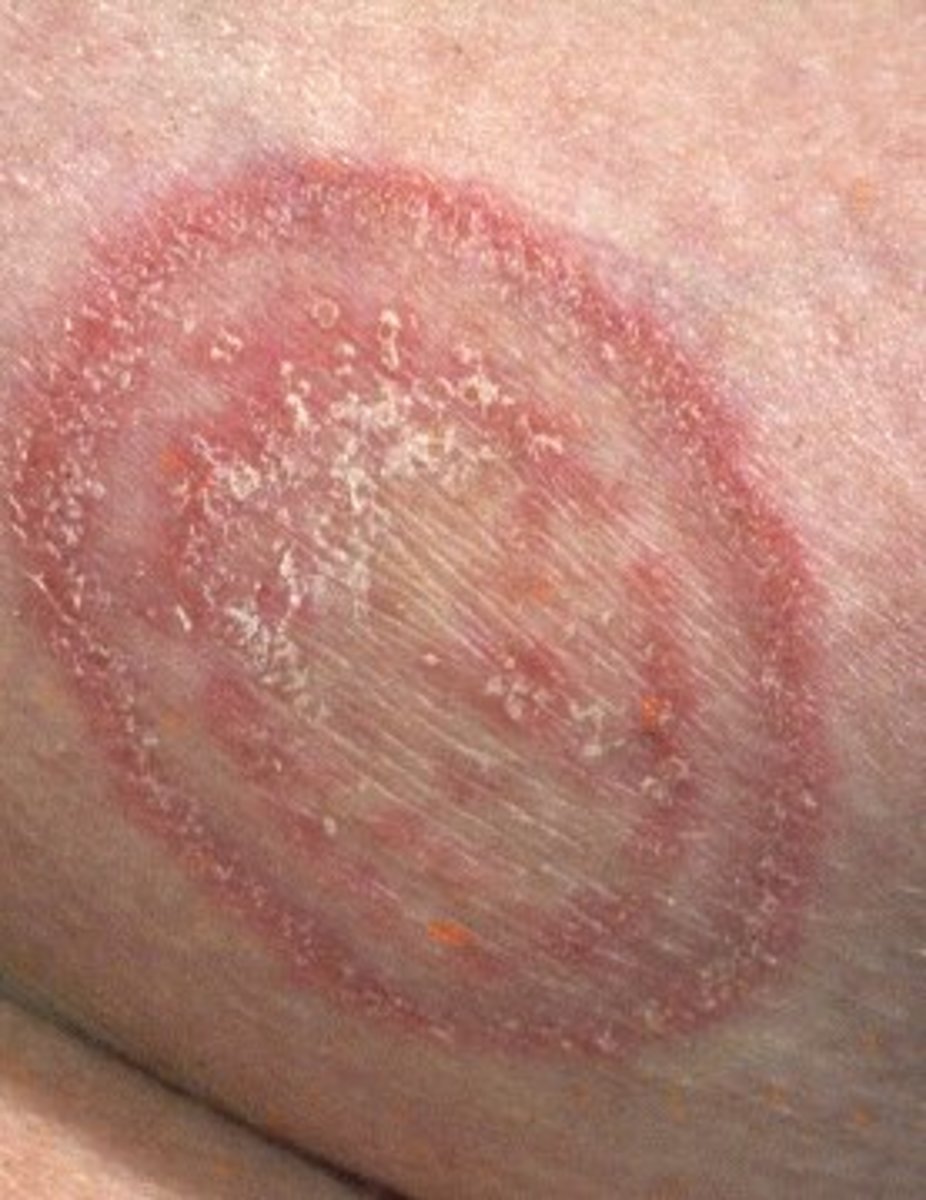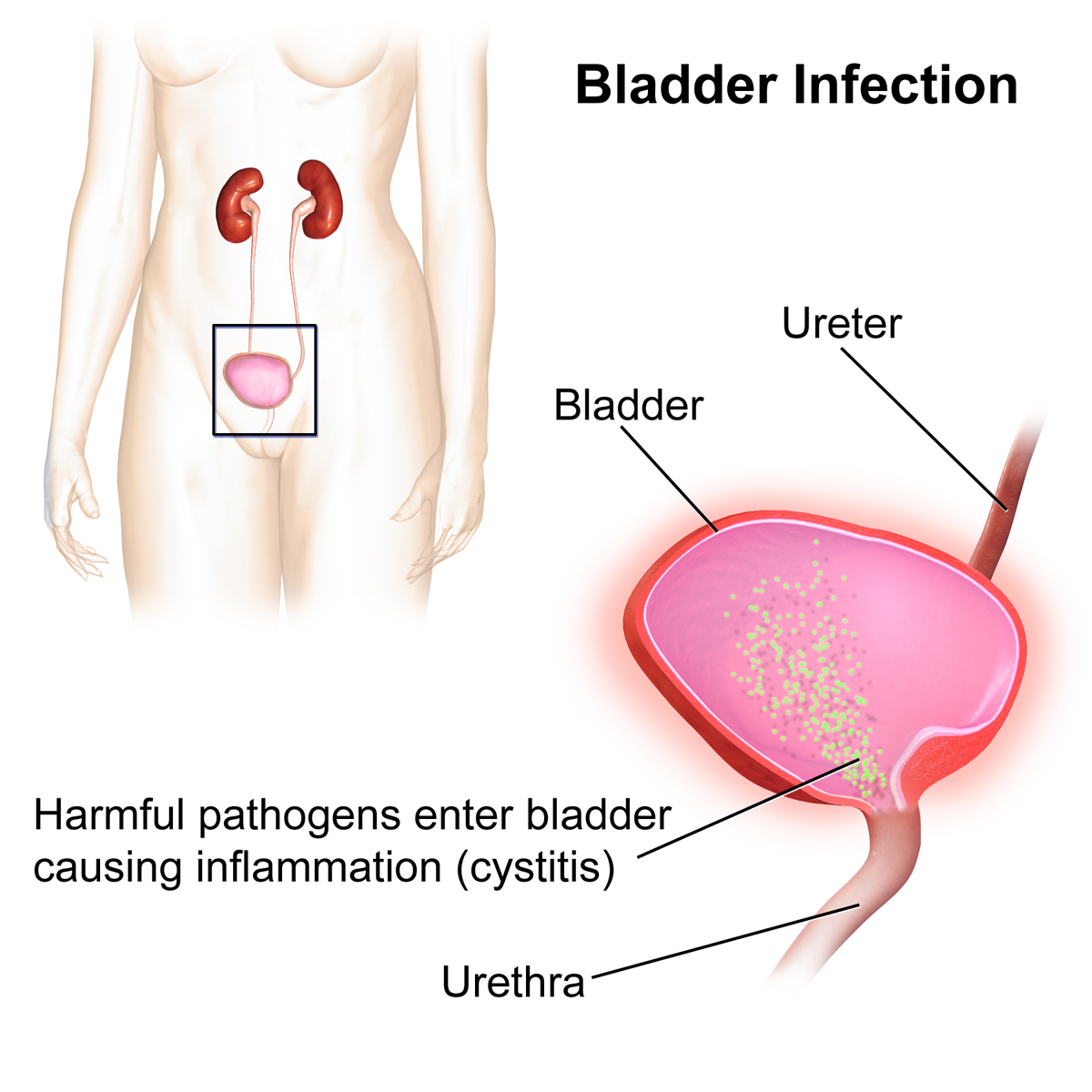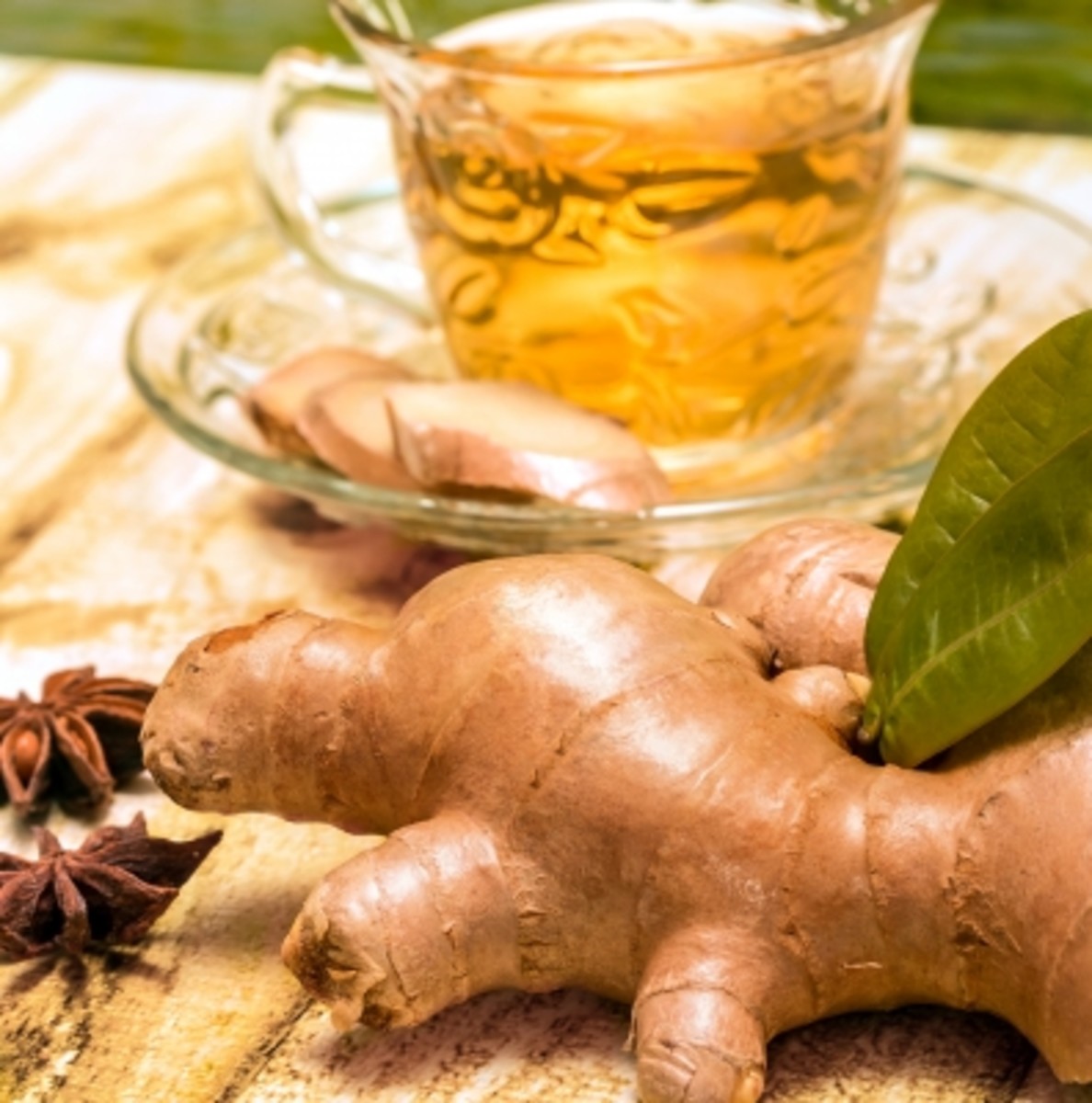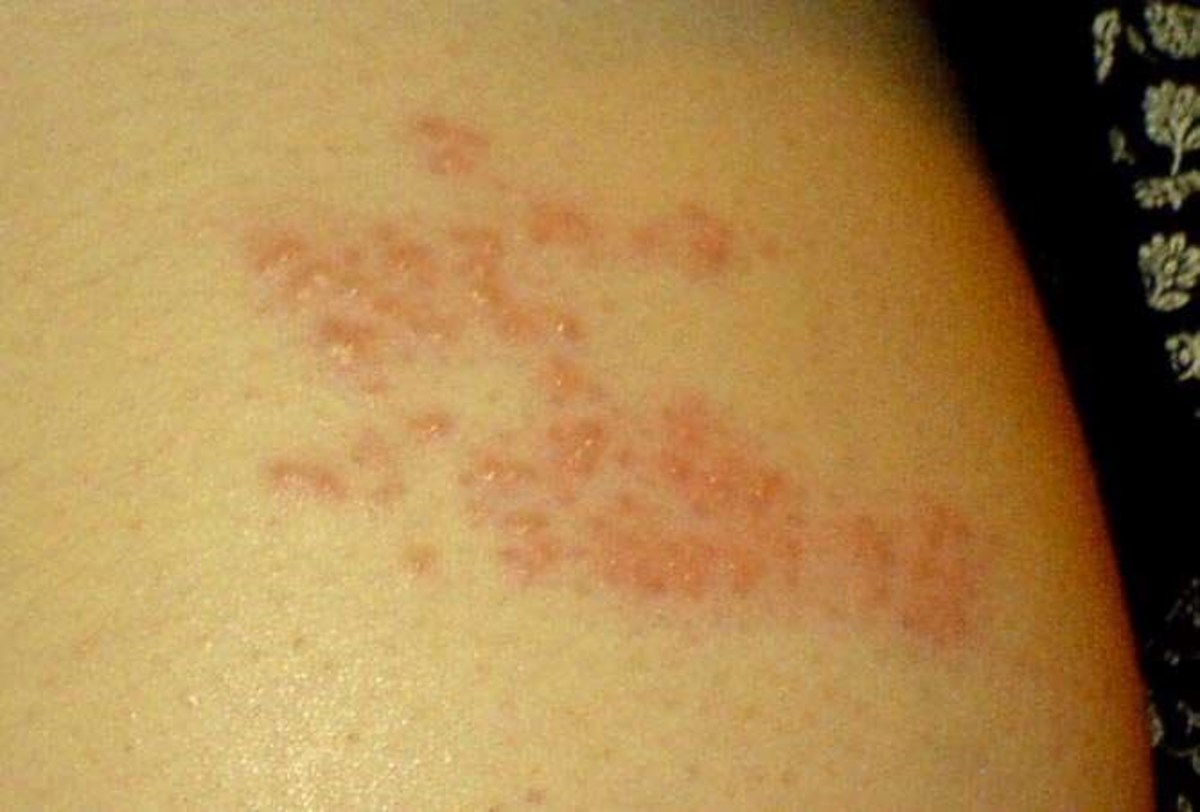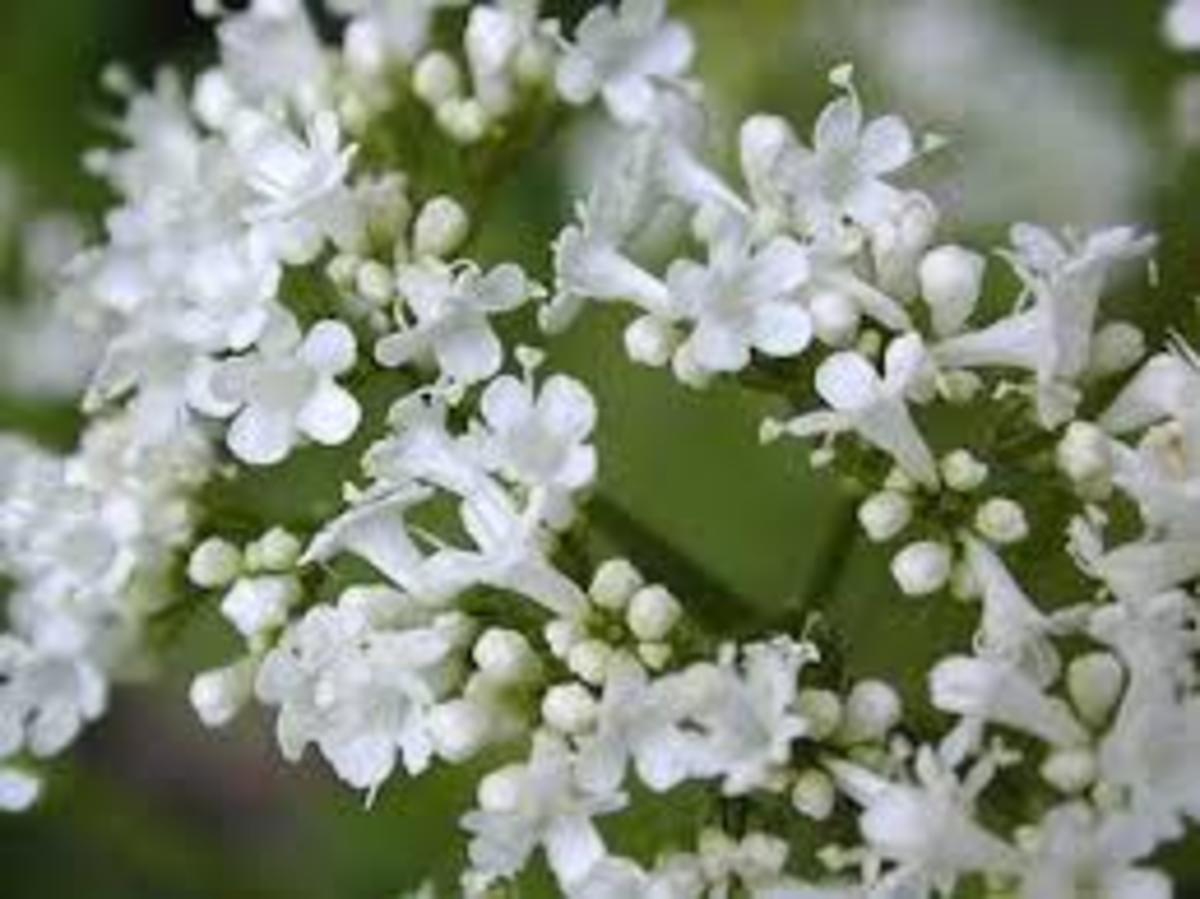- HubPages»
- Health»
- Alternative & Natural Medicine»
- Herbal Remedies
Common Remedies with Herbs and Spices
Digestive Disorders
Many spices play a role in enhancing digestion. With their pungent tastes and aromas they stimulate digestive secretions in the mouth, esophagus and stomach. Since they increase pancreatic lipase and amylase secretion, spices cause a rise in bile volume which plays a role in improving the digestion of dietary fats and carbohydrates. Spices also play a role in increasing pancreatic trypsin which speeds up the digestion of proteins. Finally, spices help speed up the rate food passes through the gastrointestinal tract.
Nausea
For nausea mix two tablespoons of slippery elm root bark powder and a teaspoon of honey in an eight ounce glass of warm water. Drink it after you eat and just before you go to bed. You can add more honey if you want to improve the taste. You can also use peppermint or chamomile
Constipation
For constipation use licorice which contains laxative properties. This herb is also effective in treating heartburn because it contains antacid properties. When you use licorice to enhance your digestive system, you are protecting your teeth and gums at the same time. This herb contains antibacterial properties which play a role in killing bacteria in your mouth.
Liver Function
To improve liver function and make this organ effectively remove toxins from the body, make teas from the following herbs:
- Burdock-Stop using at least two week before having surgery
- Dandelion
- Echinacea
- Licorice
- Milk Thistle
To make a tea, put a teaspoon or two in a tea ball. Put the ball in a cup of boiling water and allow it to sit for ten minutes before drinking.
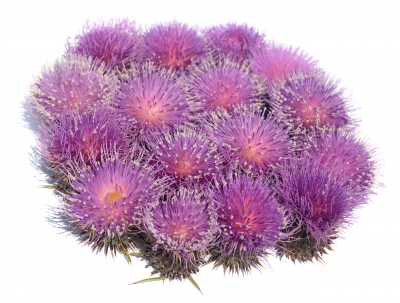
Fennel
Fennel has a taste like licorice and is effective for relieving chest congestion, relieving gas and enhancing the flow of milk in nursing mothers. It is safe to use in infants to treat colic. It increases digestion and helps your body eliminate waste properly. Since fennel helps the body digest food more efficiently, this herb is an effective tool in weight loss. It is also said that this spice helps increase sex drive in men and women. For an excellent anti-gas tea, put one to two teaspoons of fennel in a cup. Pour boiling water into the cup and allow it to steep for 10-15 minutes before drinking. Drinking this up to three times a day is effective in relieving:
- Bloating
- Flatulence
- Indigestion
- Stomach Cramps
If you are pregnant or nursing, avoid using fennel.
Do not give fennel to young children.
Fennel may counter-react with other herbs and spices if taken together. Some to avoid when you take fennel include:
- Lemon Grass
- Basil
- Nutmeg
- Tarragon
- Anise
- Star Anise
- Jamaica Pepper
Fractures
If you ever had a sprained, fractured or a broken bone, it is pretty painful and takes a while to heal. While a doctor may prescribe a pain reliever he may also prescribe a calcium supplement to speed up the healing. However, if you fall victim to a sprain, a fracture or a break you may want to consider trying comfrey. It goes by another name as knitbone and has been used for years to heal fractures. It contains a chemical called allantoin which helps speed up the replacement of the cells in your bone. Not only with repairing the bones, it is useful in healing up bruises, stopping internal and external bleeding and healing damaged tissues. This herb also contains expectorant properties and is excellent in treating ailments of the respiratory system. It also contains demulcent properties which helps purify the blood and body and makes an overall health tonic.
Do not take comfrey by mouth since it can cause liver damage. Avoid using it if you are pregnant or nursing. Do not apply it to broken skin.
Premenstrual Syndrome (PMS)
Eight out of ten women suffer from premenstrual syndrome (PMS). The symptoms consist of both emotional and behavioral and physical symptoms. The emotional symptoms include:
- Stress
- Anxiety
- Depression
- Mood Swings
- Irritability
- Insomnia
- Changes in Appetite
- Lack of Concentration
- Withdrawal
The physical symptoms include:
- Headache
- Joint Pian
- Muscle Pain
- Water Retention
- Fatigue
- Acne Flareups
A female suffering from PMS may not display all these symptoms. For example, one may experience some of the physical signs but none of the emotional ones while another may experience more of the emotional symptoms. It is said that at least 90% of females will suffer at least one of the symptoms of PMS at least once during their reproductive cycles.
For some females suffering from PMS, the symptoms are mild. However, for others the symptoms are so severe that they are so disruptive that they affect the female’s daily life. Whether you suffer from mild or severe symptoms, you want to at least find something to get rid of the symptoms. Since doctors within the medical field are unable to find out what causes PMS, you may way to try another avenue of approach-the natural remedy approach.
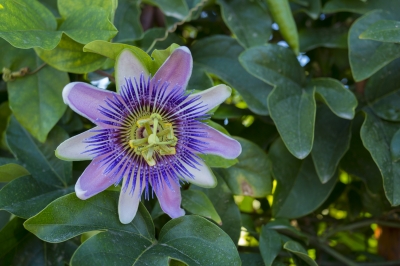
There are many herbs that provide relief when it comes to PMS symptoms. These include
- For fluid retention use birchleaf
- For muscle pain use chamomile
- For breast tenderness try red clover
- For cramping use cornsilk, don quai or raspberry leaves
- For headaches use feverfew
- For bloating use dandelion
- For gas use fennel
- For irritability, anxiety, stress and depression use lavender, lemon balm, passion flower, St. John's Wort or valerian.
- For insomnia use lemon balm, passion flower or St John's wort
- For memory loss or confusion use Ginkgo, licorice root or salvia lavandulafolia
- For hot flashes, vaginal dryness and night sweats try black cohash or Shepherd's purse.
- For skin conditions use lavender or goldenseal, oregano and chaste berry
- For hormone imbalances try licorice root, chaste berry or soy which both have estrogenic properties
- For heavy blood flow try wild yam or chaste berry.
Cautions for the above herbs
For all the above herbs, it is best to avoid if you are pregnant or nursing. After all, it is better to be safe than sorry. While, you most likely will not suffer from PMS, you still may have the same symptoms when you are pregnant. If you still want to try the above herbs, please talk to your doctor to see which ones are safe for your baby, Even if you are not expecting, there are other precautions that you should be aware of and they are listed below.
- Red Cover-Stop using it at least two weeks before any surgical procedures.
- Birch Leaf-Avoid if you have high blood pressure or if you are allergic to wildcarrot, mugwort or celery.
- Lemon Balm-Stop using at least two weeks before any surgical procedures.
- Passion Flower-Stop using at least two weeks before any surgical procedures.
- Ginkgo-Avoid if you have diabetes or if you have any bleeding disorders.
- Chasteberry—Avoid if you are trying to get pregnant. Do not use if you have any psychotic disorders such as Schizophrenia or Parkinson's Disease.
- Wild Yam-Avoid if you have a protein S deficiency.
Yeast Infections
Three out of four adult women will suffer from a yeast infection at least once during their life. This infection is caused by the fungus Candida. It can be easily spread to sexual partners. Therefore, men can catch this type of infections as well. However, sexual contact is not the only way to get a yeast infection. Several other ways an individual can get one include:
- antibiotics (they lower the amount of lactobacillus, or good bacteria, in the vagina)
- pregnancy
- uncontrolled diabetes
- weak immune system
- poor eating habits, including a lot of sugary foods
- hormonal imbalance near your menstrual cycle
- stress
- lack of sleep (Healthline)
The symptoms include a burning, itching pain in the vaginal areas. Sometimes there may be bumps, a rash and inflammation. If you are suffer from yeast infections, consider use herbs that contain antifungal properties to fight this infection the next time you get one Some include:
- Aloe Vera
- Echinaca
- Cinnamon
- Garlic
- Goldenseal'Oregon Grape Root
- Rosemary
For an excellent yeast infection fighting tea combine equal amounts of sage, mullein and raspberry leaf in an airtight container. Add a quarter amount of goldenseal to the mixture. For example, if you use 4 tablespoons of the first three herbs, use only 1 tablespoon of goldenseal. Put a medium sized saucepan on the stove and add one quart of cold water. Add five tablespoons of your herbal mixture to the water and turn the burner on to low heat. Keep the pot covered and bring the water and herb mixture to a low simmer. Once it reaches a simmer, remove the pot from the burner. Allow the mixture to sit for twenty minutes before straining into a bell jar. You can drink up to three cups of tea a day to treat your yeast infection.
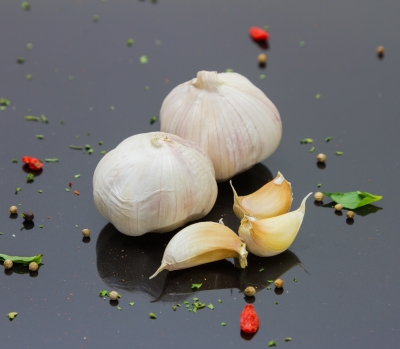
Cautions For the Above Yeast Infection Fighting Herbs
Aloe
Avoid using aloe. for internal use if you have diarrhea.
Echinacea
If you are allergic to daises or marigold, do not use Echinacea. Stop using if your experience these reactions:
- Hives
- Rashes
- Respiratory Problems
- Vomiting
Goldenseal
Do not use goldenseal if you are pregnant or nursing. This herb contains that can cause brain damage in newborns.
Mullein
Only use mullein for a short period of time. It is recommended not to use more than three days in a row.
Rosemary
Avoid rosemary if you suffer from epilepsy or migraines. Never consume rosemary essential oil.
Sage
While the amount of sage you normally use in cooking and brewing tea, avoid taking this herb in high amounts. It contains a chemical called thujone which can cause liver damage. Therefore, it is best to avoid this herb if you are pregnant or nursing. If you have diabetes and want to include this herb in your daily diet, keep a close eye on your blood sugar levels. Also monitor your blood pressure if you suffer from high or low blood pressure. Stop using it at least two weeks before any surgical procedure.
Do you prefer home remedies over modern remedies
Bladder Infections
If you suffer from bladder infections, you will need herbs and spices that contain anti- inflammatory, diuretic and antibiotic properties.
Nettle helps stimulate the kidneys to eliminate uric acid. It also helps fight the pain because of its anti-inflammatory properties. Bearberry also contains antibiotic and diuretic properties. Other excellent infection fighting herbs include:
- Birch
- Dandelion
- Echinacea
- Cranberry
- Golden Rod
Cautions
While you can collect nettle from the wild and prepare it, there is a risk that you might not remove all the stinging bristles. Therefore, it is best to purchase that as a supplement at your local Wegman's or health food store. Avoid this herb if you are pregnant since it can cause a miscarriage. Also if you are diabetic, you need to monitor your blood sugar since it can cause a drop sugar levels. This is also true if you have low blood pressure.
Use bearberry only for a short time, no more than a month at a time. Like nettle, this herb can cause you to go into labor. Therefore, do not use if you are pregnant. Do not use while nursing or give any to children. Also if you have problems with your eyes, such as a thin retina, do not use this herb. It can may the condition worse.
Avoid dandelion if you are allergic to the following:
- Honey
- Chamomile
- Chrysanthemums
- Daiseys
- Marigolds
- Ragweed
You should also avoid dandelion if you either have a blocked bile duct or have an inflamed gall bladder. Also, if you are on blood thinners or are either pregnant or nursing, you should not use this plant.
Avoid golden rod if you are allergic to the above plants. If you suffer from fluid retention because of heart and kidney conditions, avoid using this herb. If you have high blood pressure, do not use this herb because it might increase the amount of sodium in your body. This herb is more of a preventive for bladder infections because it plays a role in increasing urine flow. However, it does not contain infection fighting properties. Therefore it is best to combine it with herbs such as cranberries.
Healthy Heart
Since all herbs and spices are a plant food, they contain no cholesterol at all. While you want your body to have higher levels of good cholesterol so it can produce hormones such as testosterone and estrogen, when you include many spices and herbs in you daily diet you can protect your body from bad cholesterol. When you have too much of this, your arteries can become hardened and lead to heart disease. Herbs and spices are good for your heart because they help maintain and raise the level of good cholesterol and lowers the amount of triglycerides found in your blood. They are loaded with minerals that provide your heart with further protection by lowering blood pressure. These include:
- Potassium
- Magnesium
- Phosphorus
- Copper
- Zinc
- Iron
One herb you should include in your diet is hawthorn which increase your heart's pumping ability and lavender which contain calming and relaxing properties. A relaxed body helps reduce blood pressure.
Many herbs and spices are natural blood thinners. When you have high levels of bad cholesterol in your bloodstream, your arteries get clogged up with fatty buildup. This causes high blood pressure, because your heart has to work faster to move the blood through the arteries. This in turn can lead to a heart attack or stroke. If you want to lower the risk of having a heart attack or stroke, try these herbs that contain plant sterols, which reduce the chances of cholesterol from being absorbed in your body. Some include:
- Artichoke
- Garlic
- Ginger
- Licorice
- Lemongrass
- Milk Thistle
Cautions
Always talk to your doctor if you are already taking blood thinners before adding the natural ones in your daily diet,
Avoid Lemongrass if you are pregnant. This herb can stimulate menstrual flow and cause to to have a miscarriage.
Avoid milk thistle if you are pregnant or nursing. Also, avoid it if you are allergic to the following:
- Ragweed
- Chrysanthemums
- Daiseys
- Marigolds
Colds and Flu
A majority of herbs and spices contain expectorant properties which help your body remove excess mucous.. These spice help with respiratory problems such as:
- Bronchitis
- Sore Throat
- Asthma
- Tonsillitis
- Coughs
- Fevers
The next time you have a cold or Flu try taking these herbs to treat your syptoms (and maybe to protect yourself from getting sick in the first place):
- Licorice
- Echinacea
- Elderberry
Caution
While you can an elderberry syrup on your own, it is better to purchase an extract from your local health food store. There have been some side effect from eating raw or under-cooked berries including:
- Nausea
- Vomiting
- Diarrhea
You should also avoid elderberry if you suffer from auto-immune conditions such as rheumatoid arthritis, lupus, multiple sclerosis and so on. This herb may worsen the symptoms of these conditions.
You can find many fresh herbs and spices at your local grocery store. However, you may find many more at your local health food in the form of
- Capsules
- Extracts
- Teas
- Powders
- Tinctures
Precautions
This is just a sampling of all the good spices can do for you. The spices listed are only a fraction of those throughout the world. If you want to explore more, look at the different spices at your local grocery store and research about them at your library or online. You should always discuss with your doctor about which spices you want to use, since some may have a negative impact on a current medical condition. Plus certain spices may interact with medications and supplements you may be already taking. Especially talk to your doctor if you are pregnant or nursing. Some herbs may not be safe to your baby.
- Nutrition facts in the food you eat and its impact on your health.
Detailed, in-depth information about nutrition facts of the food, nutrition health articles, health benefits of fruits, vegetables, nuts, herbs, and much more. - https://www.msu.edu/user/eisthen/yeast/diy.html
- Vaginal Yeast Infection: Causes, Symptoms, Prevention & More
Vaginal yeast infections can cause irritation, itching, swelling, and discharge. Most women will get a vaginal yeast infection at least once in their life. Symptoms may include vaginal itching and pain during sex. Read on to learn about the medicatio
This content is accurate and true to the best of the author’s knowledge and does not substitute for diagnosis, prognosis, treatment, prescription, and/or dietary advice from a licensed health professional. Drugs, supplements, and natural remedies may have dangerous side effects. If pregnant or nursing, consult with a qualified provider on an individual basis. Seek immediate help if you are experiencing a medical emergency.
© 2017 Lois Ryan

